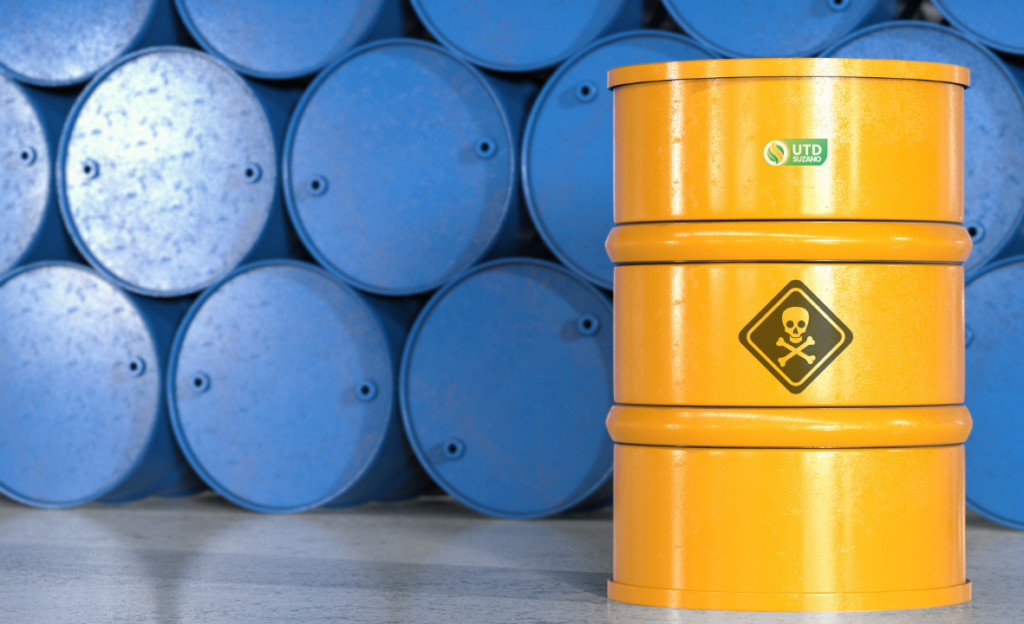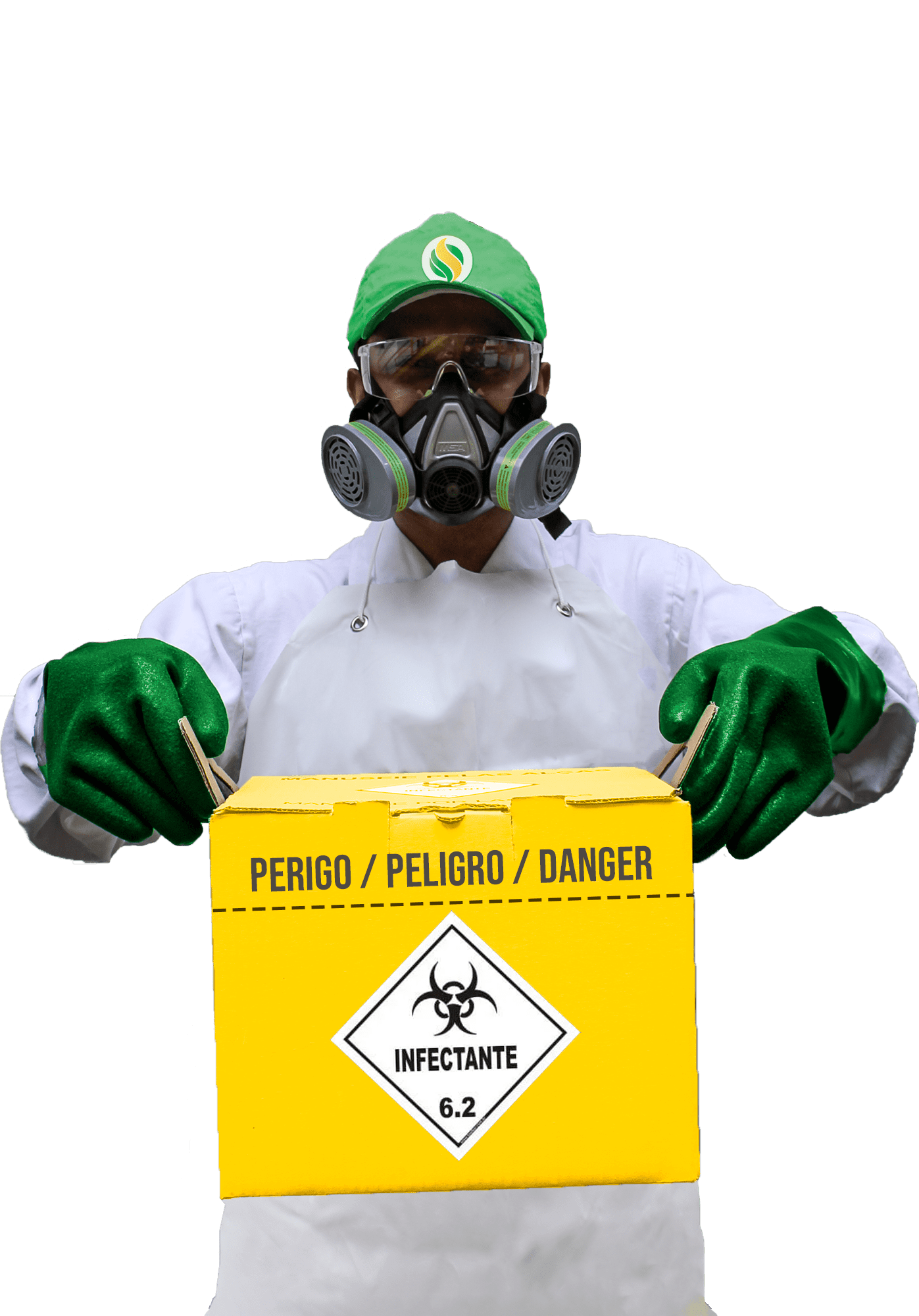Companies that utilize chemical products in their operations generate hazardous waste requiring special treatment. Mismanagement of such waste poses serious risks to human health and the environment. Let’s explore the dangers of chemical waste, the regulations governing its disposal, and how businesses can ensure proper separation and storage to prevent contamination.
Dangers of Chemical Waste
Chemical waste may contain toxic, corrosive, flammable, or reactive substances, posing threats to public health and the environment. Improper storage and disposal can lead to soil, water, and air contamination, resulting in pollution and severe health risks ranging from mild irritations to chronic illnesses like cancer.
Regulations and Legislation for Chemical Waste
In Brazil, the management of chemical waste is governed by the National Solid Waste Policy (PNRS) under Law No. 12,305/2010, which outlines the correct and safe disposal practices. Additionally, the CONAMA Resolution No. 358/2005 and ANVISA RDC 222/2018 establish specific rules for the disposal of hazardous and infectious waste. These laws mandate companies to adopt processes that minimize waste generation while ensuring proper treatment and final disposal.
Contamination and Environmental Risks
Improperly discarded chemical waste can seep into the soil and contaminate groundwater, affecting potable water quality. Toxic gases from flammable or reactive products can pollute the air, posing respiratory risks and contributing to climate change. Corrosive waste can lead to severe accidents, damaging structures and storage systems.
How to Ensure Proper Separation and Storage of Chemical Waste
To ensure effective management, companies must:
- Label Clearly: Identify all containers with information about their contents, hazards, and safety instructions.
- Segregate Waste: Store incompatible materials separately to prevent dangerous chemical reactions.
- Use Proper Storage: Opt for containers compatible with the type of waste and ensure they are sealed to avoid leaks.
- Provide Ventilated Areas: Store waste in well-ventilated and signposted spaces, easily accessible in emergencies.
- Train Staff: Ensure employees handling and storing chemical waste are adequately trained to manage risks.
Importance of Proper Disposal
Proper chemical waste disposal prevents environmental contamination, protects public health, and ensures compliance with regulations. Inappropriate treatment or disposal can result in significant fines and legal penalties for companies.
UTD Suzano’s Expertise in Chemical Waste Management
At UTD Suzano, we specialize in managing and disposing chemical waste, offering comprehensive services from collection to final disposal while adhering to rigorous environmental and safety standards. As the only company in the sector with ISO 14001 certification, we reaffirm our commitment to sustainability and environmental protection.
Rely on UTD Suzano to ensure the safe and efficient disposal of your chemical waste, safeguarding your business and the environment.











